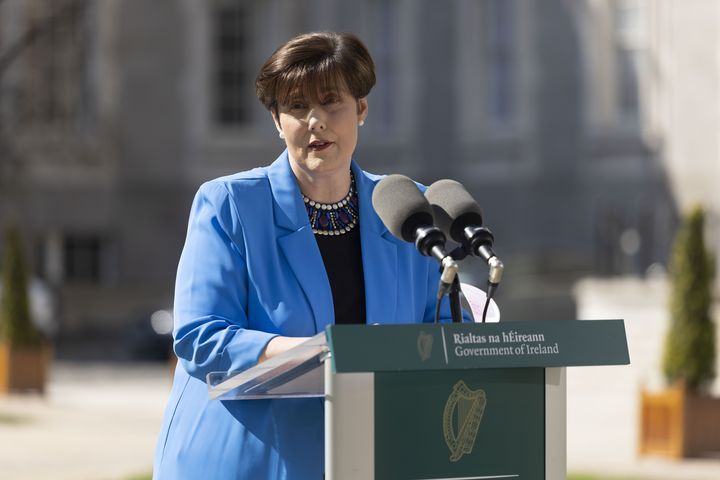
Grace is the pseudonym for a non-verbal woman with severe intellectual and physical disabilities who was forgotten. Those tasked with the oversight of her safety let her down spectacularly.
Concerns had been consistently raised, and even though Grace was only 10 years old, it would emerge that the home she was placed in was never assessed as to its suitability for care placements. Nor was it ever recognised as a foster home or respite service.
Nonetheless, Grace would stay there for 20 years, despite serious allegations. Among those were claims made in 1992 by the family of another girl who stayed in the home. A separate family also raised concerns in 1996. The eight-year inquiry into the case has made findings of neglect in her care, dental neglect, financial “mismanagement or abuse” and an absence of oversight and monitoring from officials meant to ensure her safety.
Children’s Minister Norma Foley described the report as “harrowing” and said she was “deeply saddened and appalled by the State’s failings in her care”.
“To say this is incredibly sad is an understatement,” she added. Ms Foley also said the Government was open to doing “whatever is necessary” regarding mandatory reporting for vulnerable adults.
But surely the question is why it is not already in place. Confidence in the care of those most at risk and those who most depend on the State for their protection was shattered when Grace’s story was revealed.
That she was effectively abandoned by the State for two decades raises grave doubts about its commitment to care for the vulnerable
Ms Foley said the landscape concerning treatment of vulnerable children has “radically changed”.
She noted we now have foster-care standards as well as the Ombudsman for Children’s Office. The minister pointed to a number of new measures that should strengthen child-safety standards in care.
“But safeguarding is everybody’s business,” Ms Foley said. Perhaps. But this in no way can absolve the State from its obligations as the primary enforcer of a child’s right to protection in its care.
As acknowledged by the minister, the harrowing and distressing treatment of Grace had a devastating impact on her life. That she was not removed from the foster-care family – even when a complaint of sexual abuse was made in 1996 – is gravely worrying. That she would remain there until 2009 demands explanation.
Grace was defenceless and entirely dependent on those in whose hands she was placed. That she was effectively abandoned by the State for two decades raises grave doubts about its commitment to care for the vulnerable.
The minister sought to assure us our childcare environment is significantly improved, but the lack of accountability for those who failed Grace means doubts will continue to linger, along with a sense of unease.
All children have a right to be minded. That some of our most vulnerable could be so overlooked so indefensibly demeans us all.





